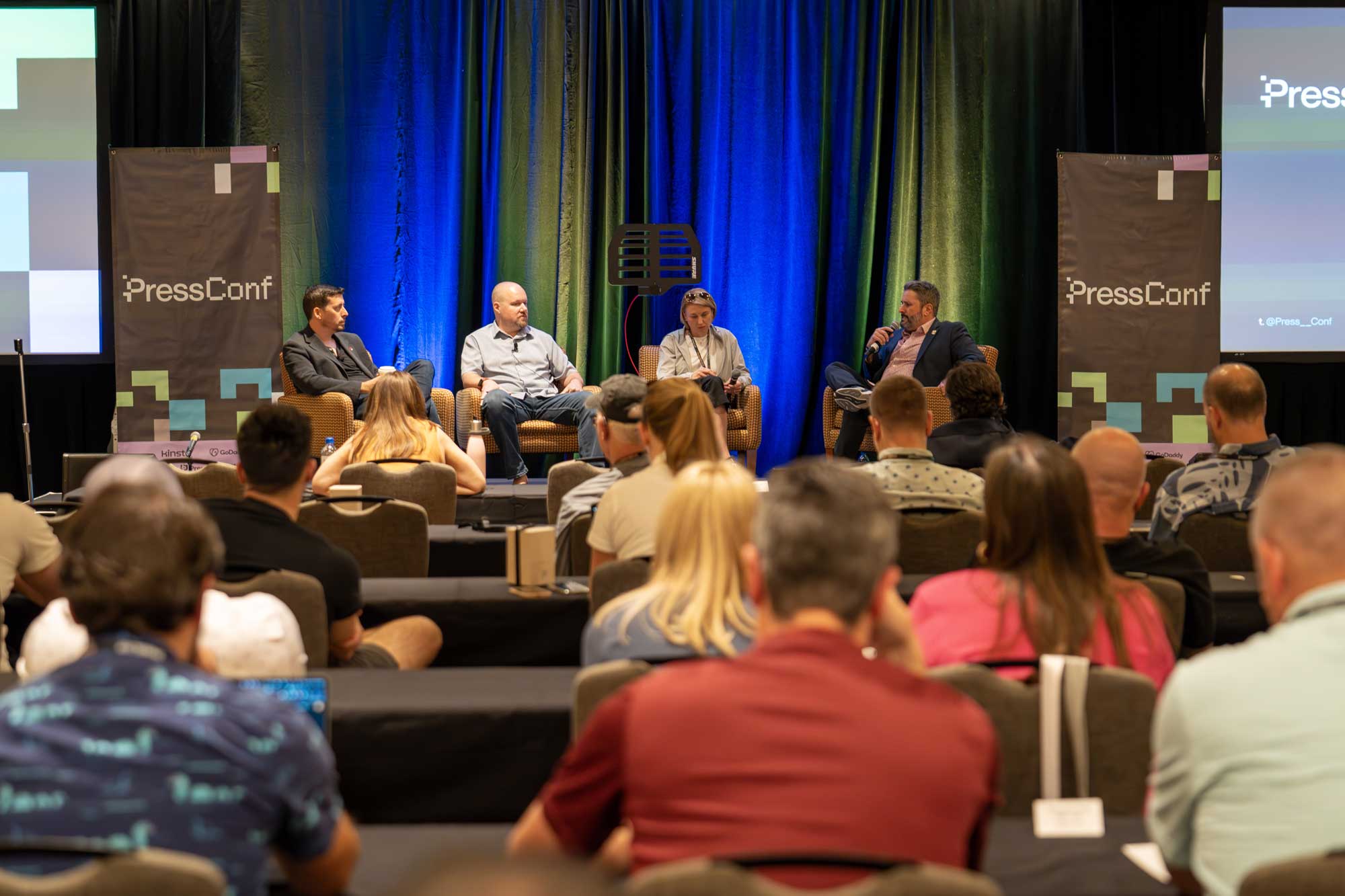Automattic and its CEO, Matt Mullenweg, have asked a U.S. court to dismiss all but two of the 11 claims filed against them in a lawsuit brought by WP Engine last month.
In a series of filings submitted yesterday, Automattic and Mullenweg also requested that parts of WP Engine’s complaint related to Mullenweg’s public commentary about the company be struck under California’s anti-SLAPP law. Additionally, they opposed WP Engine’s motion for a preliminary injunction, suggesting that if granted, WP Engine should be required to post a bond of at least $1.6 million to cover the estimated two-year cost of maintaining and operating WordPress.org during the court case.
WP Engine filed legal action against Automattic and Mullenweg on October 2, alleging abuse of power, extortion, and anti-competitive behavior. Their motion for a preliminary injunction seeks to prevent Mullenweg from making further public statements about WP Engine and to restore the company’s access to WordPress.org and its resources.
In their latest filings, Automattic and Mullenweg have asked the court to dismiss counts 1-6 and 9-11 in WP Engine’s complaint, arguing that the rival hosting company had not established evidence to support its claims. Counts 1-6 involve allegations of interference with contracts, unfair business practice, computer fraud and abuse, attempted extortion, unfair competition, and promissory estoppel. Counts 9-11 include claims of libel, trade libel, and slander, which Automattic and Mullenweg also want struck on the grounds that Mullenweg was exercising his constitutional right to free speech. They also argue that Mullenweg was speaking out in his capacity as a WordPress co-founder, not as Automattic’s CEO, so WP Engine’s claims against Automattic are baseless.
WP Engine has requested declaratory judgments from the court related to counts 7 and 8, which concern the WordPress trademarks and whether the company can carry on its business without further interference from Automattic and Mullenweg.
Automattic and Mullenweg allege in their filings that WP Engine is conflating the open-source WordPress software with the WordPress.org website, which Mullenweg personally owns and finances at a cost of $800,000 per year. They claim WP Engine has exploited the website’s free resources while refusing to give back meaningfully to the WordPress community, and also while violating the WordPress and WooCommerce trademarks.
“Despite its own (mis)conduct, WP Engine’s Complaint now asks this Court to compel Matt to provide various resources and support to private equity-backed WP Engine for free, in the absence of any contract, agreement, or promise to do so,” the motion to dismiss reads.
“The Complaint also seeks to restrict Matt’s ability to express openly his perspective that WP Engine’s practices negatively impact the WordPress software platform and community—a platform and community that has been his life’s work. There is no legal or factual basis for the Court to compel such access or restrict such speech.”
They further argue that WP Engine has not lost access to the WordPress software or plugins, which remain publicly accessible without logging into WordPress.org, and that the company was able to implement a solution for its customers within five days of being blocked from the website so an injunction to restore access is not necessary.
In their motion to dismiss, Automattic and Mullenweg address WP Engine’s claim that Mullenweg attempted to extort money from the hosting company, explaining that he “suggested” WP Engine either secure a license to use the WordPress trademarks or dedicate 8% of its revenue to developing WordPress software.
“WP Engine and Silver Lake cannot expect to profit off the back of others without carrying some of the weight—and that is all Matt has asked of them,” the filing reads.
The opposition filing also claims that the WordPress community has “benefited from vigorous, healthy competition” since the conflict began in September, with Automattic offering competitive terms to WP Engine’s customers, and WP Engine responding by “improving its own product,” including establishing its own repository.
Automattic and Mullenweg’s motions and opposition to the injunction are the latest volley in the ongoing conflict, which started in September when Mullenweg accused WP Engine and its main investor, Silver Lake, of profiting off the WordPress project and violating trademarks at WordCamp US 2024.
In a blog post published shortly after the court filings, Automattic stated:
“After engaging in conduct that undermines the WordPress community, WP Engine and its private equity owner, Silver Lake, have resorted to making unfounded allegations against the founder and vanguard of the open source software.
“WordPress open source software remains freely available to all. But WP Engine is not entitled, either legally or morally, to have unfettered access to WordPress.org—a website Matt Mullenweg built for the benefit of a robust community.
“Preserving and maintaining the resources made available on WordPress.org requires considerable effort, investment, and a shared sense of mission that the plaintiff does not embrace. WP Engine and Silver Lake should not expect to profit off the back of others without carrying some of the weight, and that is all that Matt is asking.”
WP Engine has until November 4 to respond to Automattic and Mullenweg’s filings. Judge Araceli Martinez-Olguin is scheduled to hear WP Engine’s request for a preliminary injunction on November 26.








